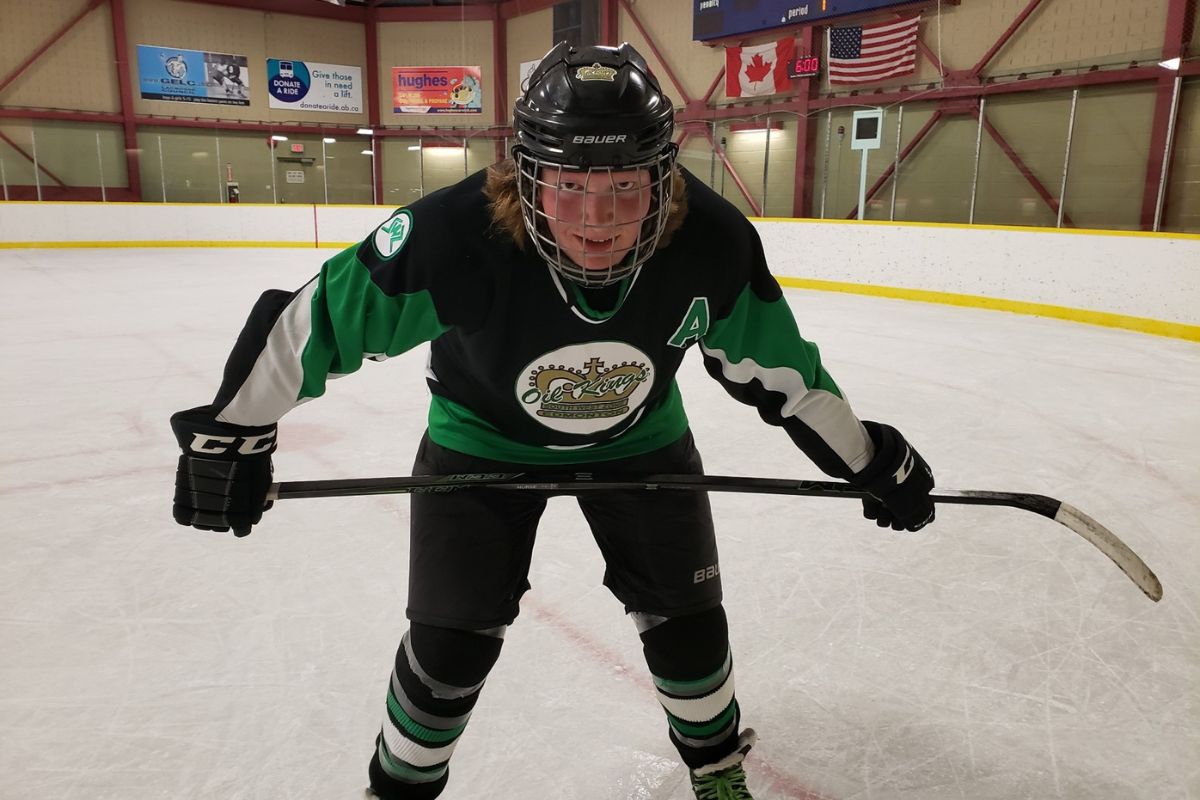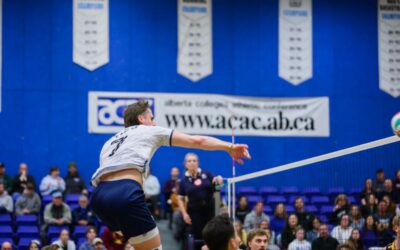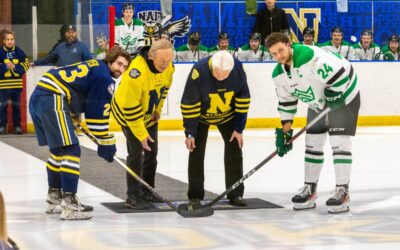You can’t deny how insanely popular sports are throughout the world. Whether you’re in Canada, Russia or Brazil, sports are a huge part of a country’s culture and sometimes identity.
Hockey is the staple sport of Canada and has been for many, many years. Lacrosse may be the national sport of Canada but hockey is number one in our hearts. The single greatest hockey player in the existence of the game came right from our amazing country. It shouldn’t be too difficult to pinpoint the particular person I’m talking about. The Great One, Wayne, fricking, Gretzky. How could we not claim that and toot our own horn?! Anyways, as a true Canadian, I’ve played hockey for almost my entire life.
At the age of five, little Zach played for the TimBits and was destined to become an NHL hockey player. Spoiler alert, little Zach’s dream never came true. Playing organized hockey for 12 years, I’ve learned a lot. Yes, I know how to skate, shoot a puck and make a good pass or two, but I’ve learnt much more than just the basics.
At a very young age, I understood that hockey is just a game. As obvious as it sounds, many skaters don’t understand that it’s just a game meant for fun.
I first discovered this when my coach asked me, “What’s the most important thing about the game?” Some might say win, others will say score, but six-year-old Zach said, confidently, to not pee your pants. Although mini-me wasn’t entirely wrong, my coach responded with the right answer: to have fun. From that point on, I realized that hockey was just a game.
Understanding the goal of playing on a team wasn’t to win or to score helped me enjoy the people on the team. We’ve all heard the saying there’s no “I” in team, and that’s completely true. As in any relationship, teammates learn to work together and build off of each other’s strengths to become better as a whole. Of course, learning this skill of cooperation helped me in other areas of my childhood life, especially in school.
Another lesson I learned from playing hockey was being patient with people. Playing on different teams each and every year forced me to get accustomed to people’s quirks and habits. This was extremely helpful to my development. In hindsight, I quickly understood that everyone has different ways that they learn and separate timelines for growth.
You can use hockey as an allegory for life. Some people take longer to figure out their game and others are good right off the bat. You might have a harder shot than your teammate but your skating could be lacking. The mentality of organized sports is a good base for character development in not only youth but fully grown adults as well.
As an 18-year-old, I started practicing martial arts in the form of Gracie Jiu-Jitsu (GJJ). GJJ is a grappling-based martial art that’s an evolved version of the Japanese art of Jiu-Jitsu. Traditional Jiu-Jitsu started over 100 years ago. People who learned the art began traveling over the world and ended up teaching a group of Brazilians who took it and made it their own Brazilian Jiu-Jitsu. The “Gracie” in GJJ comes from an insanely impactful BJJ family of the same name. The Gracie Brazilians took the already evolved BJJ and adapted it once again. 2025 is the 100-year anniversary of the Gracie variation.
GJJ is taught by both the Canadian and American military. Even with a small sample size of the discipline, our forces attain knowledge vital to survival during possibly life-threatening situations. To master the art form, you must devote a large part of your life to learning the techniques.
Because of this, GJJ requires a large amount of discipline. Coming into GJJ, I had an ego about how good my defensive skills really were. I was quickly humbled after a few classes and realized I had overestimated my skill.
Underestimating the art form of GJJ made me realize that you aren’t always as good as you think. There’s always room for improvement in everything a person does in life.
For a while, my understanding of GJJ was limited and I struggled to excel in comparison to my peers. In each class I’d see my peers do things I just couldn’t do, and it was only worse when sparring. Sparring is where you take your knowledge and put it against someone else. This is done in other sports like boxing, wrestling and Maui Thai. I’ve had many times in sparring where I’d feel like I didn’t know what I was doing after losing every single battle I had.
My slow growth helped me settle down and allowed me to start expecting less from myself. Baby steps are still progress. Even when your peers are lunging ahead of your minimal progress you can’t compare your development to theirs. The overall frustration of not being able to perform a technique or remembering something taught me that as humans, we all have limitations in what we can do.
For now, I continue to grow and learn at my own pace. Living each day one by one trying to be a better person than I was the day before. But ultimately, sports will always be ingrained in my life with whatever I do or wherever I go.






